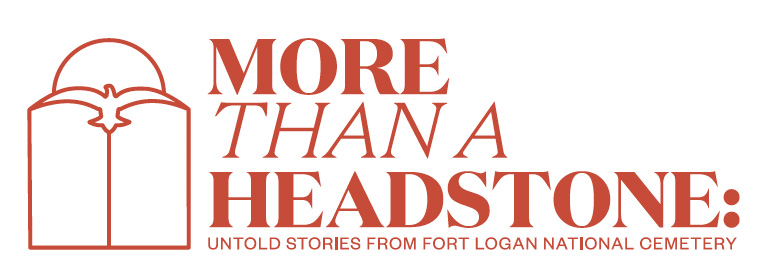Campus Connections
Individuals who enlisted in the 20th and 21st century United States military were often young when they served. Eighteen marked the age when one was eligible to volunteer or obligated to register for service. Eighteen also marked the age that many Americans started college or university. It comes as no surprise then that there are numerous connections between college campuses and military service. Many of the young men and women profiled here served their country before or after obtaining a college or university degree. Others went to college or university because of their military service, as the GI Bill of 1944 offered an array of support to veterans, including home loans, job counseling and employment services, and educational benefits. But for others from historically underrepresented communities, including women and people of color, these federal benefits remained elusive in the post-World War II era. Societal pressures for women to return to domestic roles, and institutions of higher education making way for returning white, male veterans, closed the doors for many women to explore educational opportunities. Likewise, longstanding discriminatory practices toward peoples of color did not allow all veterans equitable access to colleges and universities. And yet for those who were able to obtain a college education, life on campus, like their experience in the military, broadened their perspectives and at times, quite literally broadened their horizons by providing a modicum of economic stability and perhaps their first experience away from home.
Today, veterans play an important role in the intellectual and social lives of campus communities. Post-9/11 service members are eligible for federal benefits to attend college as they transition back to civilian life. As students, veterans bring unique and much-needed perspectives in the classroom. They remind students and professors alike of the need to build inclusive communities so that veterans can fully participate in all aspects of campus life. At the University of Denver, non-veteran students participating in the Veterans Legacy Program not only discover the significance of veteran contributions to college campuses, they realize that veterans are everywhere on campus and in the larger community. As student Katie Frohling describes, through VLP, DU students come to understand how many students, alumni, and faculty members were veterans or related to veterans:
“As this was my first ever long-term research project, I was reasonably nervous for the upcoming assignments, especially working with the VLP, a program with longevity. I am from a non-military family in New Jersey, with no ties to Colorado or Fort Logan, so I was expecting it to be impossible to find any relevant veterans to research. What I found, though, was that veterans are truly all around me. Just by scratching the surface with my social circles here at DU, I was easily able to locate several veterans who were buried at Ft. Logan, all while simultaneously connecting me to my DU peers further. After I asked around, I realized that individuals with veteran status are embedded everywhere. They are your neighbors, your grandparents, your teachers - they are your community leaders. My involvement in this project also showed me that there is no singular mold for an American veteran. Instead, the veterans focused on this summer illustrate how veterans are often average human beings who make extraordinary sacrifices in the military and continue to do so in their lives after service.
In my own research, I initially reached out to my Gamma Phi Beta community here on campus. Within minutes, I received a message from one of our advisors, saying her grandfather, John Robert Mason, who served as a Sergeant in World War II, was buried at Ft. Logan. The next day, another sorority sister reached out with three more names of individuals interred at Ft. Logan. My sorority sisters reiterated to me, through our own special network of support, what a small-knit community Denver truly is, especially for families who have lived here for several generations.”
-Katie Frohling, DU Student and VLP participant, summer 2018
As Katie’s reflection reveals, the connections between veterans and college campuses are many, and the dialogues that emerge in understanding these connections can be critical to raising awareness about veteran service and sacrifice.









